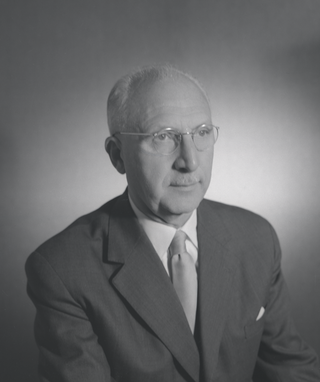Josef Vincenz Donek

Personalia
Born:
Died:
Profession:
Persecution:
Detention 08.04.1941 - 11.04.1941,
Imprisonment 23.04.1941 - 14.05.1941
Honors:
Bronze Military Service Medal with KD and swords
Silver Military Service Medal with KD and swords
Charles Troop Cross
Memberships
Curriculum Vitae
Josef Vincenz Donek was born in Vienna as the legitimate son of master shoemaker Joseph Donek and Francisca, née Kramár.
After elementary school and lower school, he attended the commercial academy in Vienna-Döbling. After graduating from high school, Josef Donek enlists in the army as a one-year volunteer and, with the outbreak of the First World War, enlists as a lieutenant in the k.u.k. Infantry Regiment No. 4 'Hoch- und Deutschmeister'. He was promoted to first lieutenant in 1917 and disarmed with the defeat of Austria-Hungary and the collapse of the Dual Monarchy in November 1918.
In 1921, Josef Donek moved to Bolzano and began working for the publishing house Tyrolia. [Note: The publishing house 'Tyrolia' was renamed 'Athesia' after the Italianization of South Tyrol, which was annexed by the Italians.] In 1922, he married Anna Dietrich and became the father of two children. He subsequently became the commercial director of the publishing house, which published media that were emphatically Austrian and opposed the Italianization of South Tyrol by the fascist leader Mussolini. As a result, he repeatedly came into conflict with the Italian authorities.
In 1935, Josef Donek was a founding member of the Bolzano branch of the Vaterländische Front and became the head of the VF organization Neues Leben. As an Austrian patriot, he is firmly opposed to German National Socialism. The German Consul General in Italy, Otto Bene, often intervened against Josef Donek with the Italian authorities.
In South Tyrol, Josef Donek witnessed the downfall of free and independent Austria with the invasion of the German Wehrmacht. He is forced to become a German citizen. After the Agreement on the Resettlement of South Tyroleans on October 21, 1939, Josef Donek and his family were ordered to move to the German Reich. They refuse and remain in Bolzano. In the spring of 1940, he learned from a confidential source that he was to be arrested and extradited to Germany. He then went into hiding and hid with friends in Vincenza, Rome, Verona, Florence and Malcesine on Lake Garda.
The head of the Bolzano Gestapo office, SS and police leader Karl Brunner, increased the pressure on the Carabinieri to find Josef Donek and extradite him. He was finally arrested in Malcesine on April 8, 1941 and held in Bolzano until April 11, 1941. He was told that he had to leave Italy by April 23, 1941.
When he crossed the German border at the Brenner Pass on April 23, 1941, he was immediately arrested and transferred to the police prison in Innsbruck. On May 14, 1941, he was released from prison on the condition that he move to Vienna.
When Josef Donek, now unemployed, found an apartment in Vienna in October 1941, he was able to bring his family from Bolzano. He was drafted into military service in May 1942 and was discharged as a captain in June 1944. He was then conscripted in Vienna until the liberation of Austria in April 1945.
In the re-established Republic of Austria, Josef Donek was initially unemployed, but from 1946 he was employed in a company and from April 1947 in the Federal Chancellery. He became involved in the Austrian People's Party (ÖVP) and in the ÖVP Comradeship of the Politically Persecuted and Confessors for Austria. He retired as an employee of the Federal Chancellery.
He died at the age of 81 and was laid to rest at the cemetery in Vienna-Döbling.
Places
Residence:
Citations
Österreichisches Staatsarchiv (ÖStA)
Wiener Stadt- und Landesarchiv (WStLA)
Matricula Online
